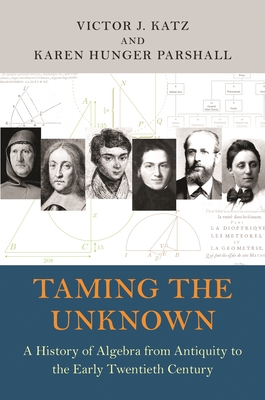Expedite your nonfiction book discovery process with Readara interviews, summaries and recommendations, Broaden your knowledge and gain insights from leading experts and scholars
In-depth, hour-long interviews with notable nonfiction authors, Gain new perspectives and ideas from the writer’s expertise and research, Valuable resource for readers and researchers
Optimize your book discovery process, Four-to eight-page summaries prepared by subject matter experts, Quickly review the book’s central messages and range of content
Books are handpicked covering a wide range of important categories and topics, Selected authors are subject experts, field professionals, or distinguished academics
Our editorial team includes books offering insights, unique views and researched-narratives in categories, Trade shows and book fairs, Book signings and in person author talks,Webinars and online events
Connect with editors and designers,Discover PR & marketing services providers, Source printers and related service providers

Taming the Unknown: A History of Algebra from Antiquity to the Early Twentieth Century
Mathematics > Algebra - General
- Princeton University Press
- Paperback
- 9780691204079
- 9 X 6.1 X 1.2 inches
- 1.55 pounds
- Mathematics > Algebra - General
- (Single Author) Asian American
- English
Readara.com
Book Description
What is algebra? For some, it is an abstract language of x's and y's. For mathematics majors and professional mathematicians, it is a world of axiomatically defined constructs like groups, rings, and fields. Taming the Unknown considers how these two seemingly different types of algebra evolved and how they relate. Victor Katz and Karen Parshall explore the history of algebra, from its roots in the ancient civilizations of Egypt, Mesopotamia, Greece, China, and India, through its development in the medieval Islamic world and medieval and early modern Europe, to its modern form in the early twentieth century.
Defining algebra originally as a collection of techniques for determining unknowns, the authors trace the development of these techniques from geometric beginnings in ancient Egypt and Mesopotamia and classical Greece. They show how similar problems were tackled in Alexandrian Greece, in China, and in India, then look at how medieval Islamic scholars shifted to an algorithmic stage, which was further developed by medieval and early modern European mathematicians. With the introduction of a flexible and operative symbolism in the sixteenth and seventeenth centuries, algebra entered into a dynamic period characterized by the analytic geometry that could evaluate curves represented by equations in two variables, thereby solving problems in the physics of motion. This new symbolism freed mathematicians to study equations of degrees higher than two and three, ultimately leading to the present abstract era.
Taming the Unknown follows algebra's remarkable growth through different epochs around the globe.
Author Bio
Victor J. Katz is Professor of Mathematics emeritus at the University of the District of Columbia. He has long been interested in the history of mathematics and its use in teaching. The third edition of his well-regarded textbook, A History of Mathematics: An Introduction, appeared in 2008. Katz is also the editor of The Mathematics of Egypt, Mesopotamia, China, India and Islam: A Sourcebook, published in 2007.
Professor Katz has written and spoken extensively on the history of mathematics and its use in teaching. He has edited three books dealing with this subject as well as two collections of historical articles taken from journals of the Mathematical Association of America in the past 90 years.
He has directed two NSF-sponsored projects to help college teachers learn the history of mathematics and its use in teaching and also involved secondary school teachers in writing materials demonstrating this use in the high school curriculum. These materials, Historical Modules for the Teaching and Learning of Mathematics, were published on a CD in 2005.
Professor Katz was the founding editor of Loci:Convergence, the MAA’s online magazine in the history of mathematics and its use in teaching.
Source: Department of Mathematics University of Hawaii at Manoa
Videos


Community reviews
No Community reviews

